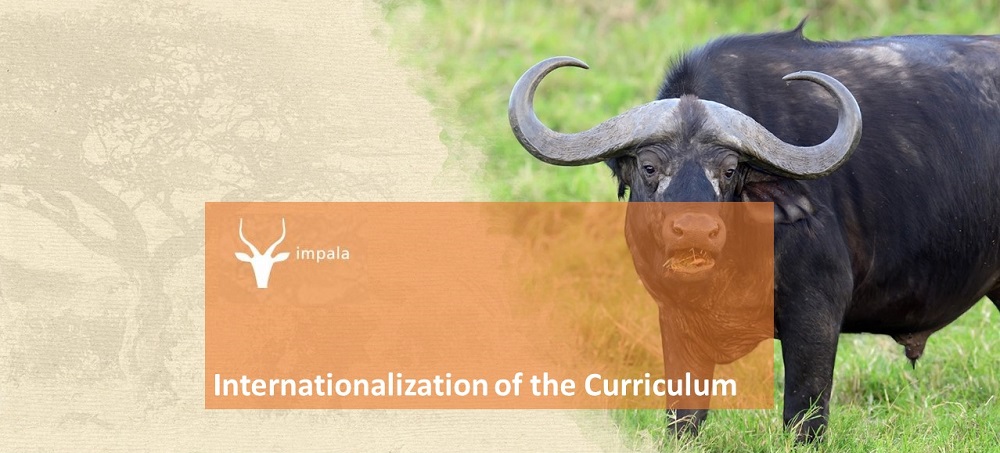A focus area of the CPUT project ‘Decolonization of the curriculum’ is on seeking cognitive justice and decentring Western knowledge through curriculum renewal activities. The Fundani Centre for Higher Education Development is spearheading this institutional project in collaboration with IMPALA. The centre is a strategic unit under the direction of CPUT Vision and Mission. It initiates and facilitates higher education development in alignment with international and national imperatives. During 2018 seminars and discussion forums are organised to be followed by a series of workshops.
Inaugural Seminar on Decolonization
Prof Kwesi Kwaa Prah, founder and Director of the Africa-wide Centre for Advanced Studies of African Society, was the speaker at the inaugural Seminar on Decolonization at CPUT.
Prah defined colonization as a total system that affects all areas of social life of the colonized and explained how it is in language that the colonial process, past and present, is most manifest, decisive and conspicuous.
Drawing the link between education and language as the key instrument in delivery of education, he expounded on how the use of a foreign language as the medium of instruction constrains the full participation of the student. “If the decolonization of education in our time is to have meaning and a chance of success, the movement away from the colonial languages to home languages and the mother tongue would be essential,” he said.
Prah pointed out that Africa remains the only place in the post-WWII Afro-Asian world where the language of the erstwhile master features as official language and language of instruction in a generalized and ubiquitous way. “If the decolonization process is to be realized, a start has to be made at this point of departure.”
The decolonization of education will actively require ancillary activities and infrastructure. For example, the use of African languages requires that facilities for the development of scientific terminology and the creation of meta-language be created.
The process of decolonizing education has different implications for the natural sciences as distinct from social sciences. The natural sciences study invariably insensible physical matter and it is possible to study the anatomy and physiology of the human body separate from the consciousness which the physical configuration the body expresses. The arts, humanities and social sciences in contrast deal with what is fundamentally and essentially human, in other words culture and culture-related manifestations, intricately bound up in language as a means of expression.
The implications of this difference is important to CPUT which is an essentially natural sciences oriented institute.
The study areas know no borders and analytical procedures are not country specific: “Decolonization should mean greater voice and means to autonomously produce and reproduce knowledge. It implies that we are better able to produce answers to our own problems and satisfy the needs of our society.
“The confidence to do this cannot come until we are culturally able to stand on our own feet, particularly through the enabling of our languages to become languages of the sciences and technology.”
The 1st seminar on Decolonization at CPUT was held on 25 April 2018.


